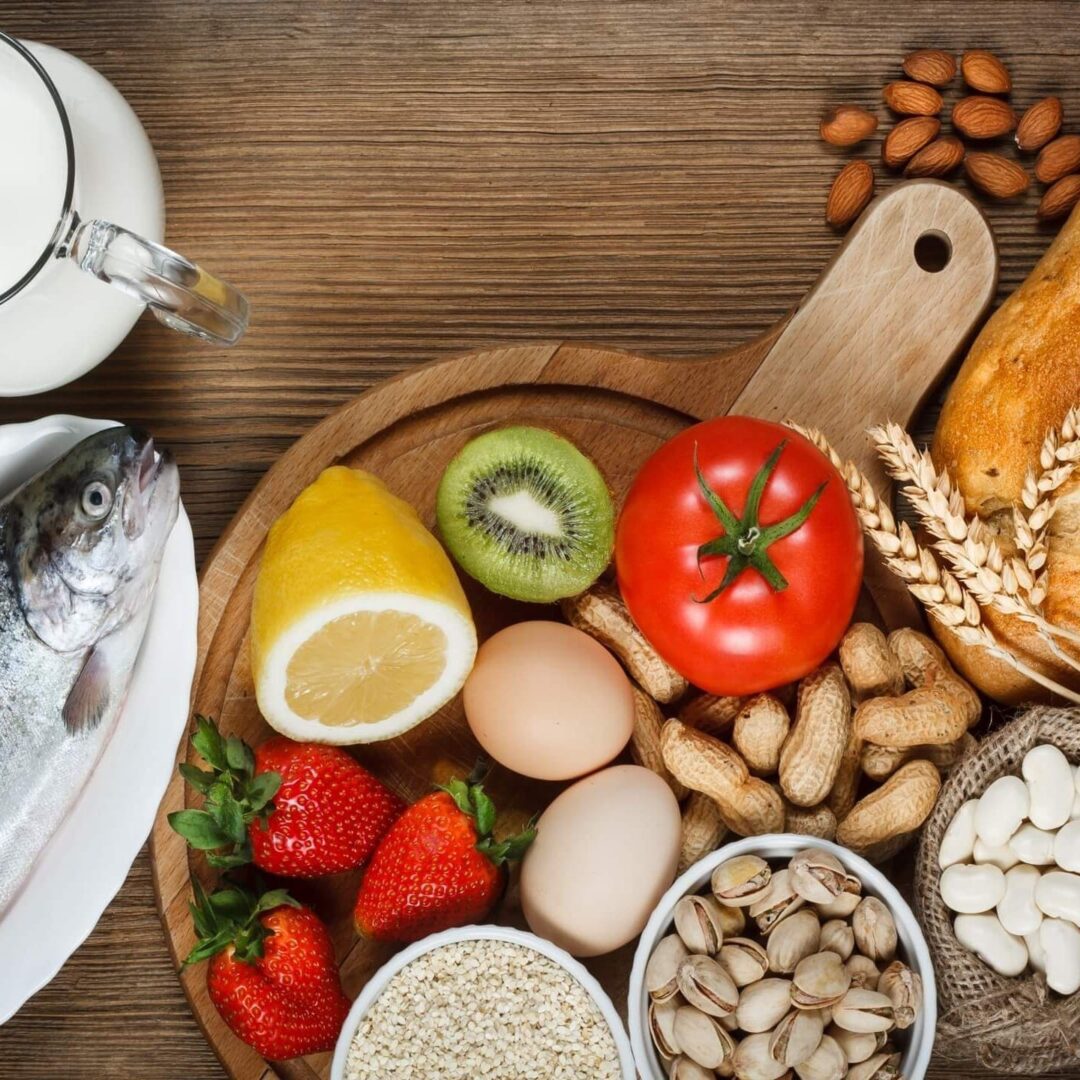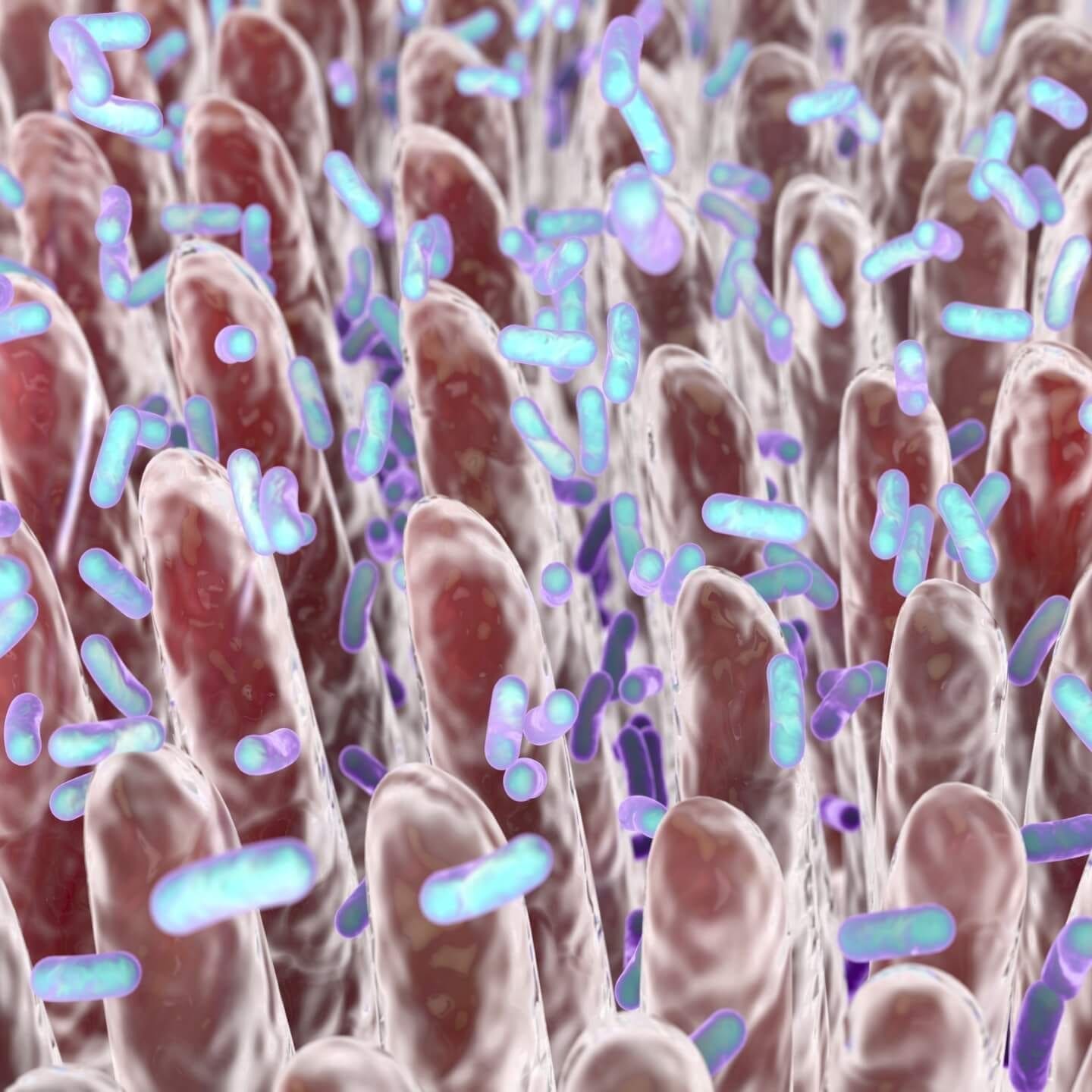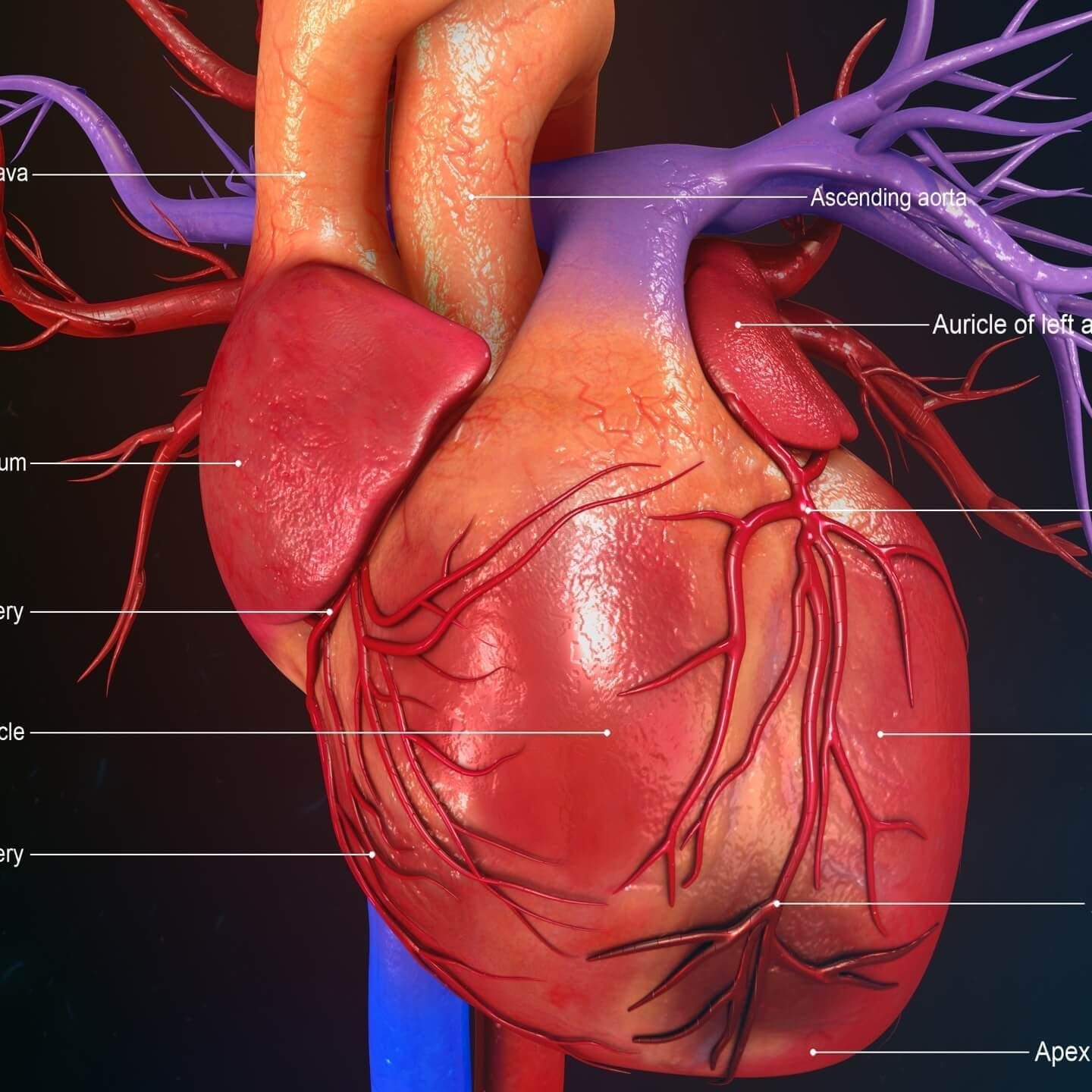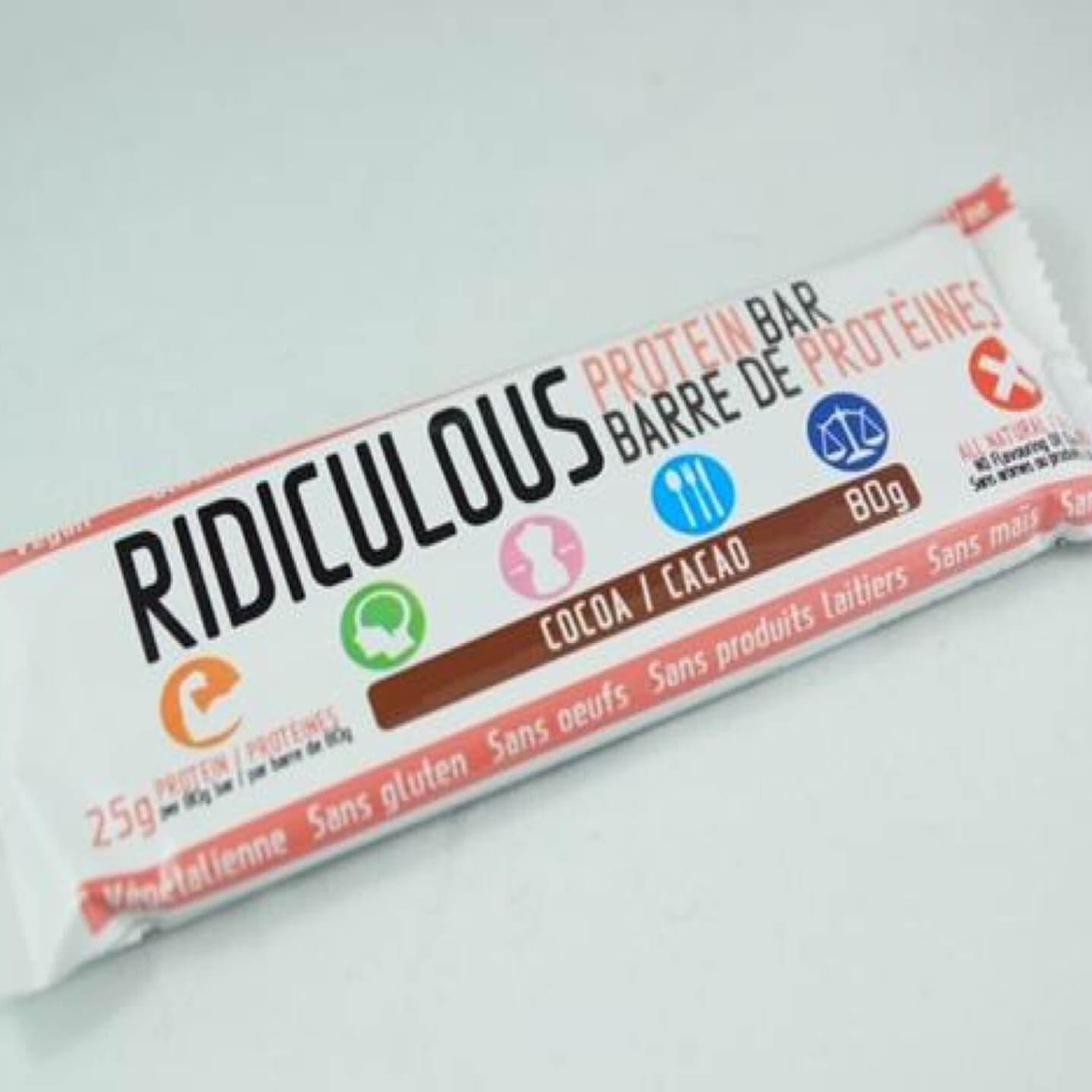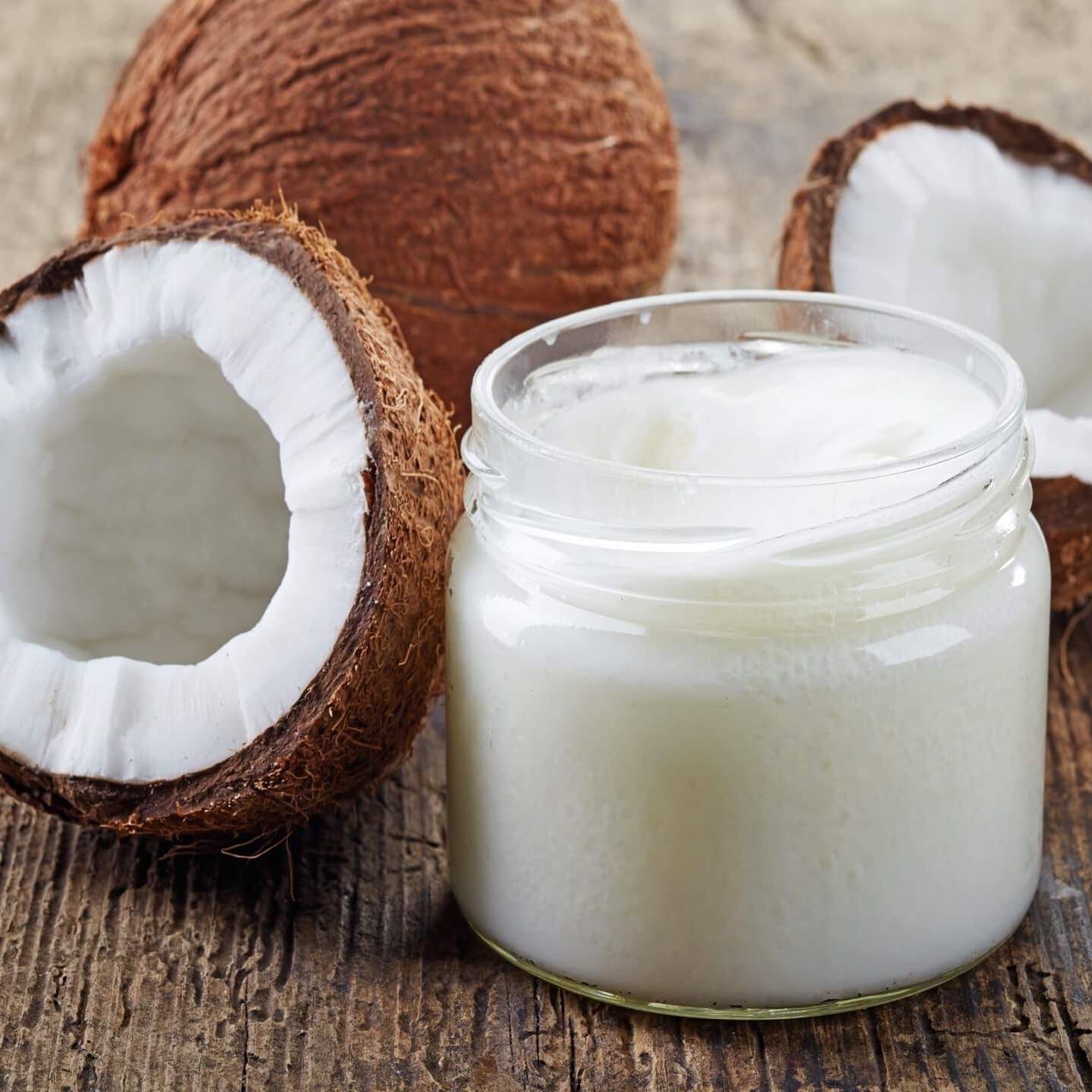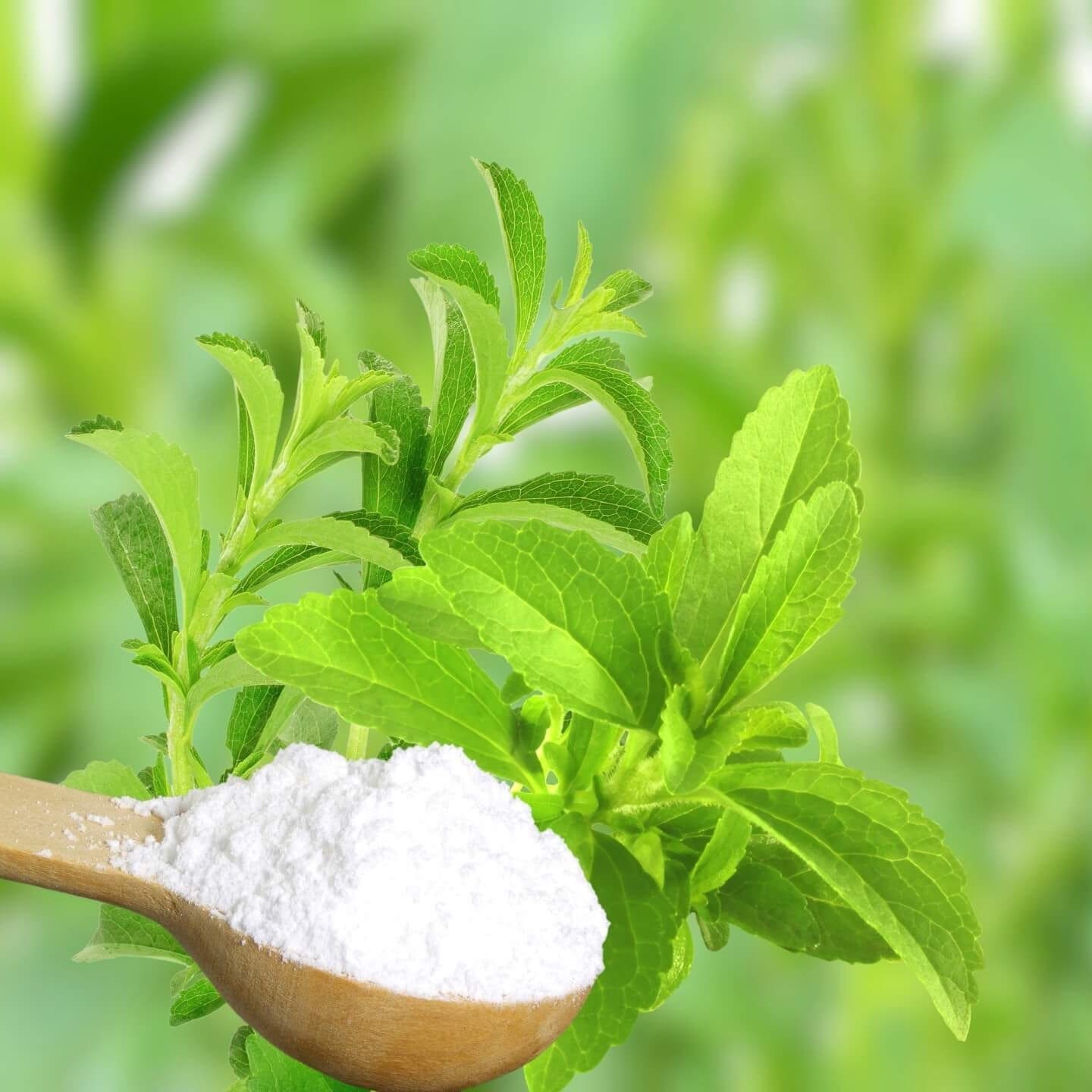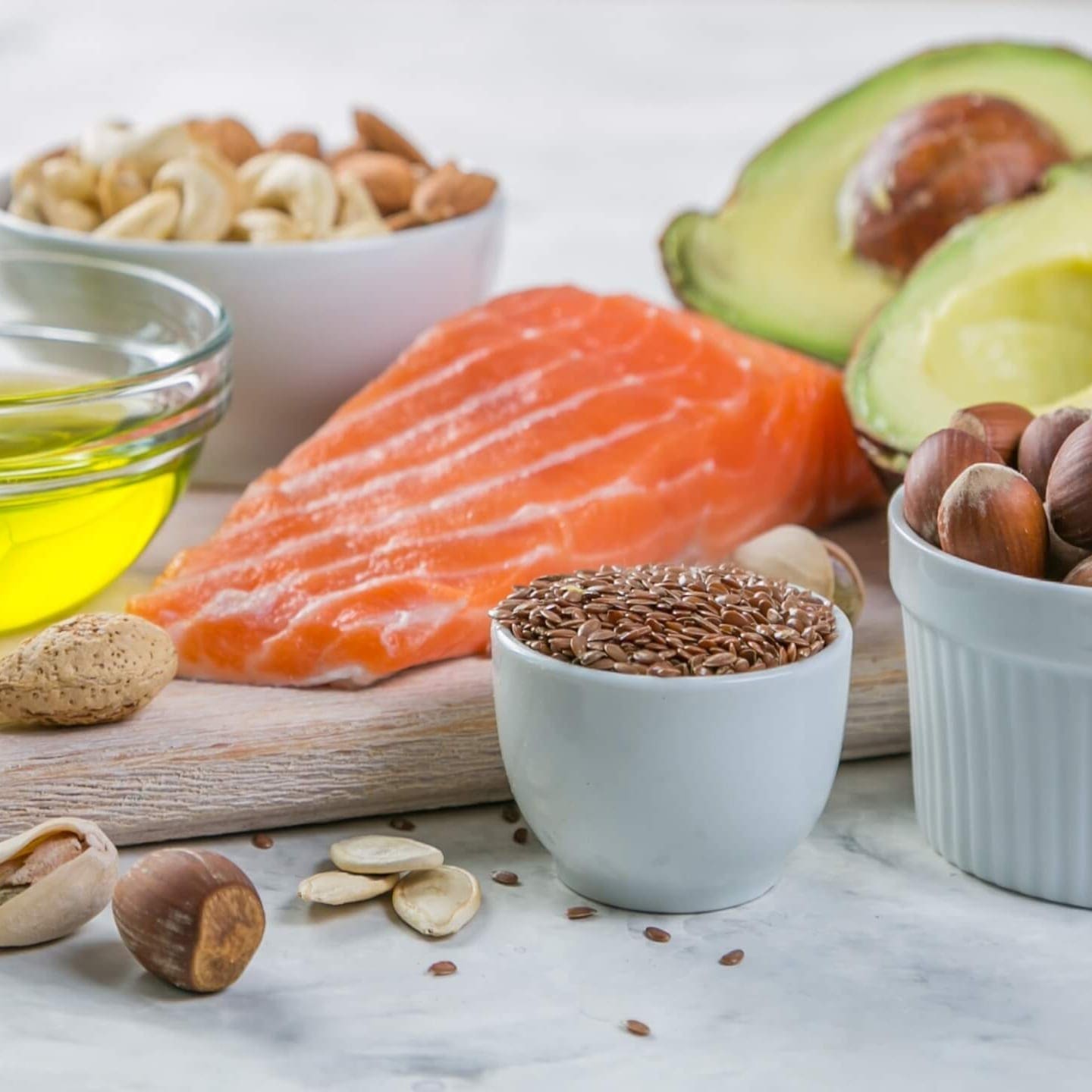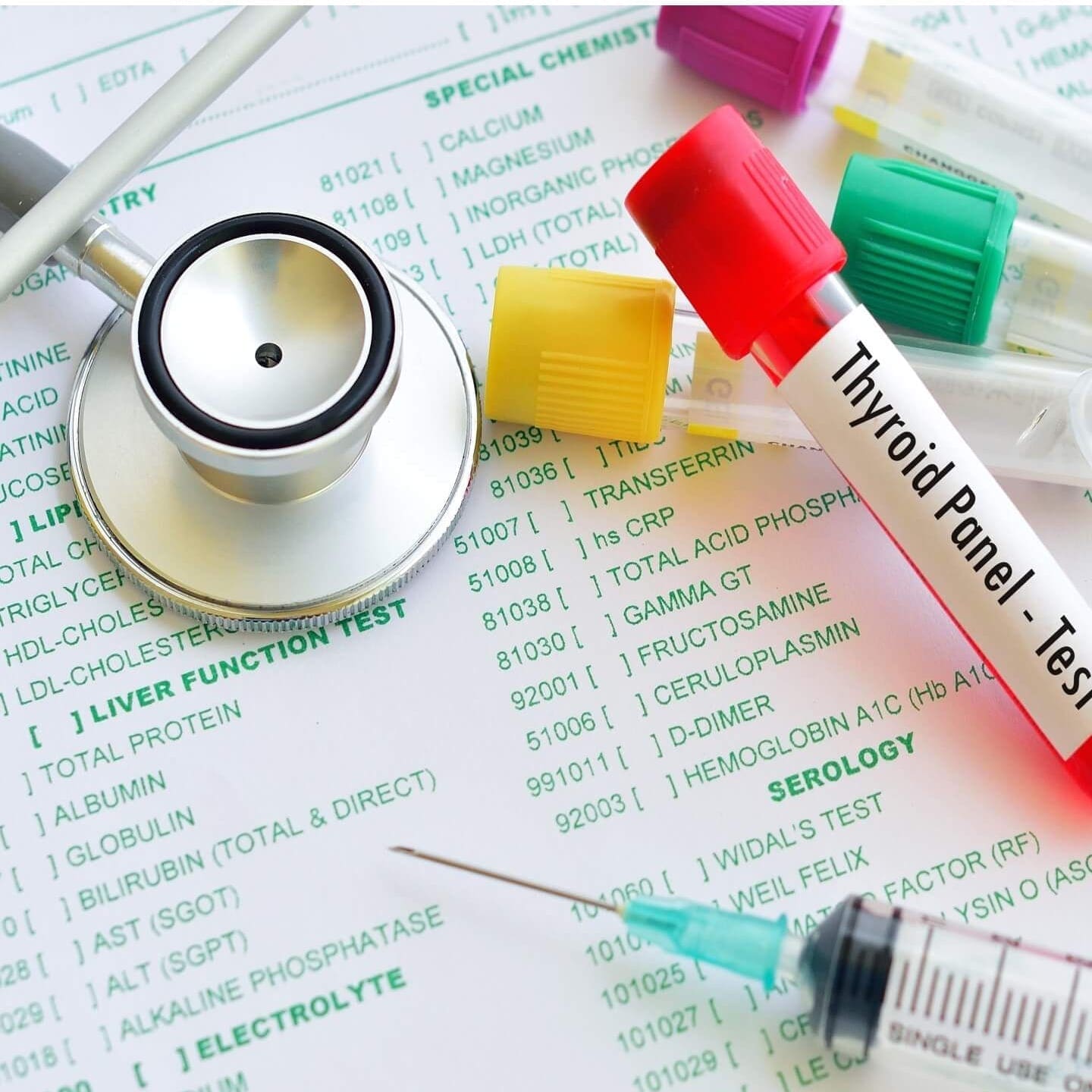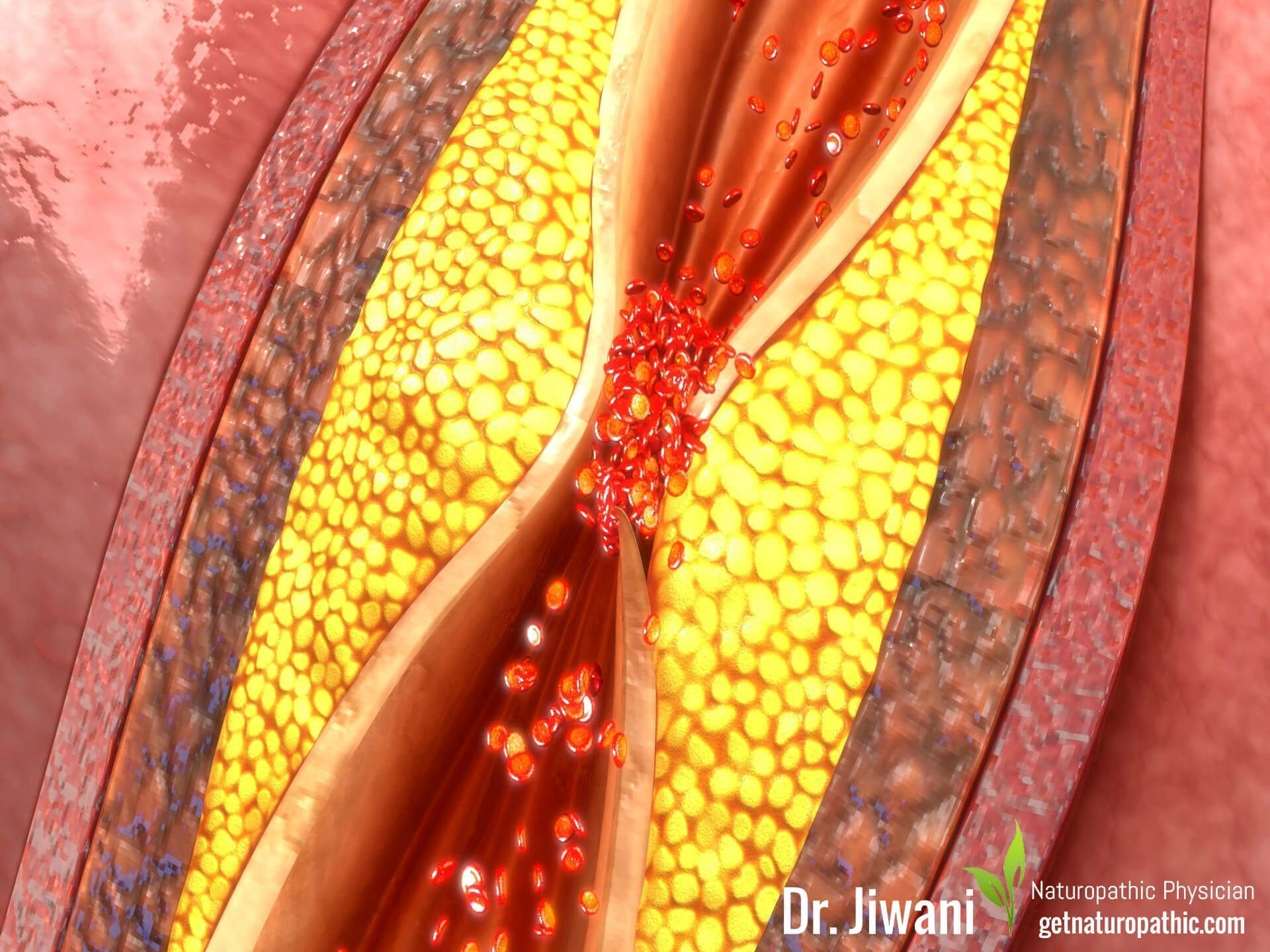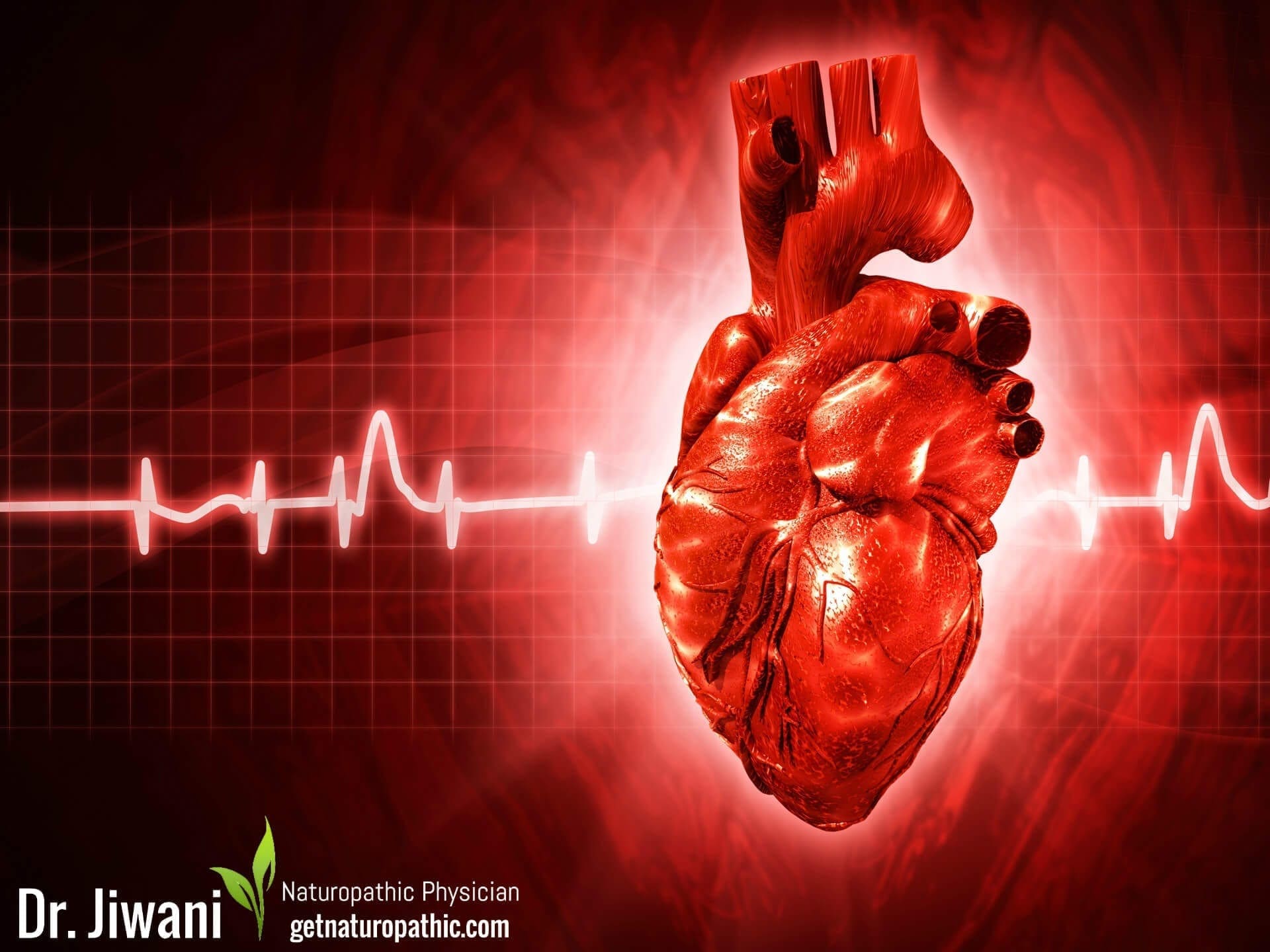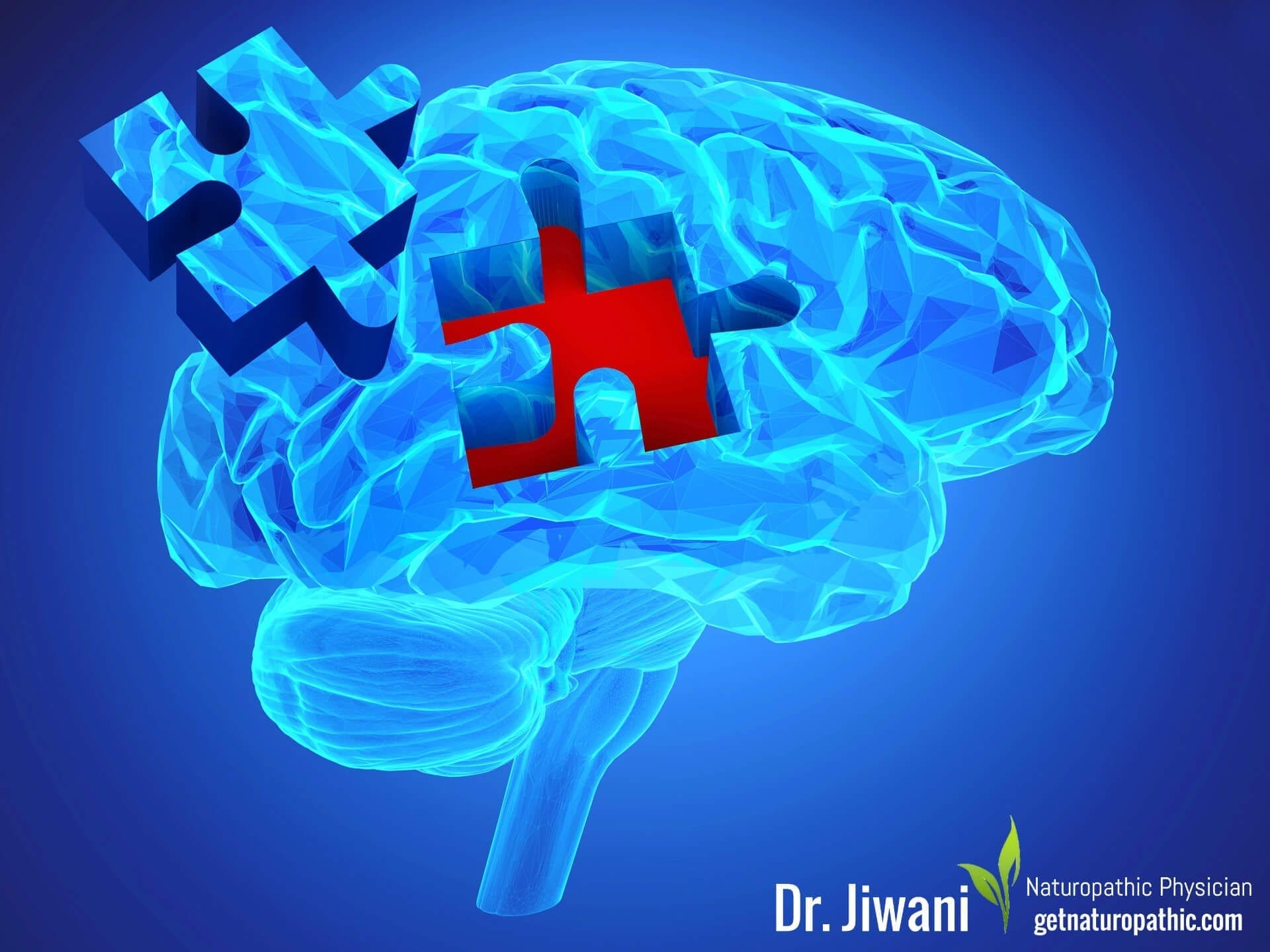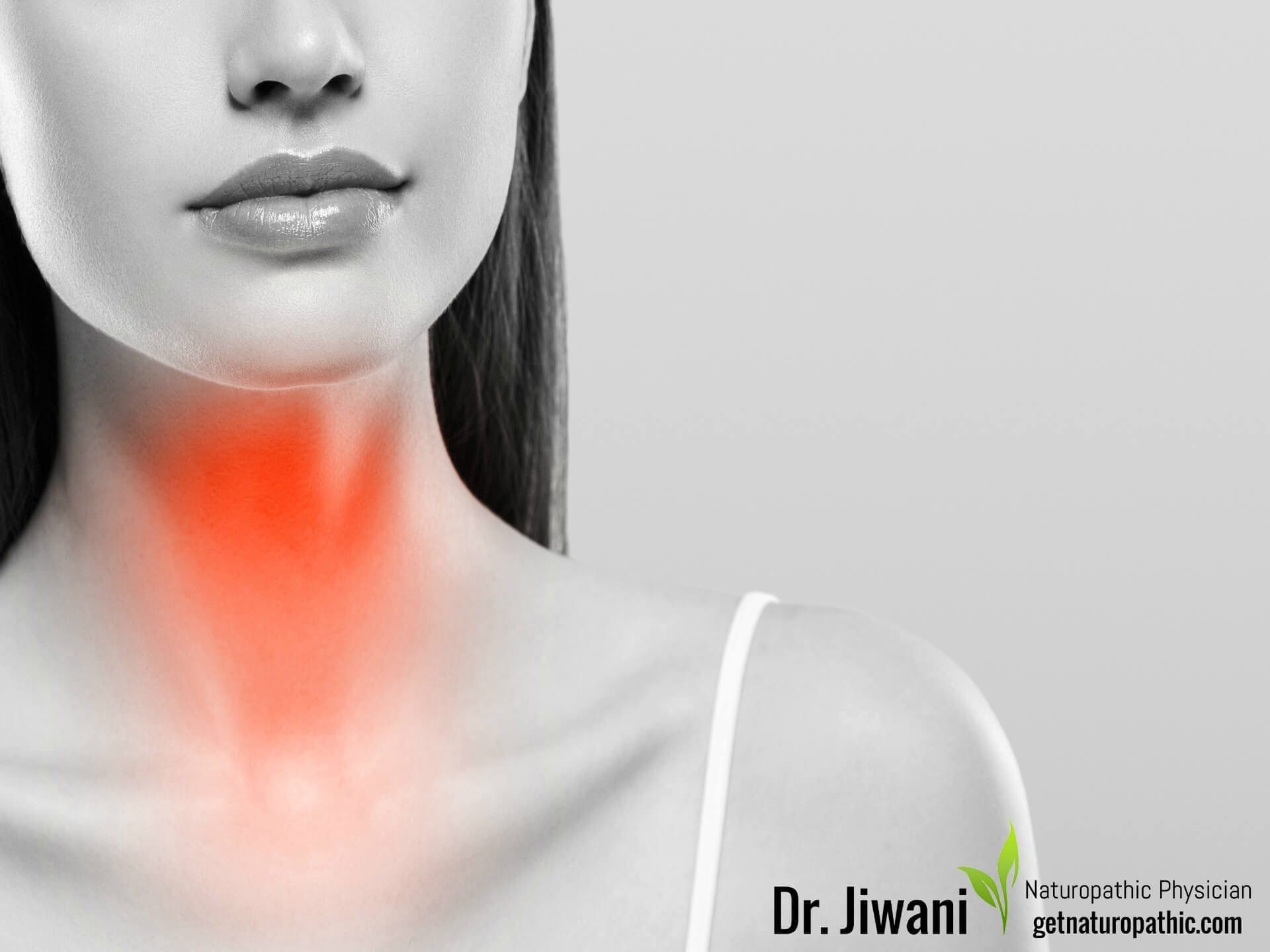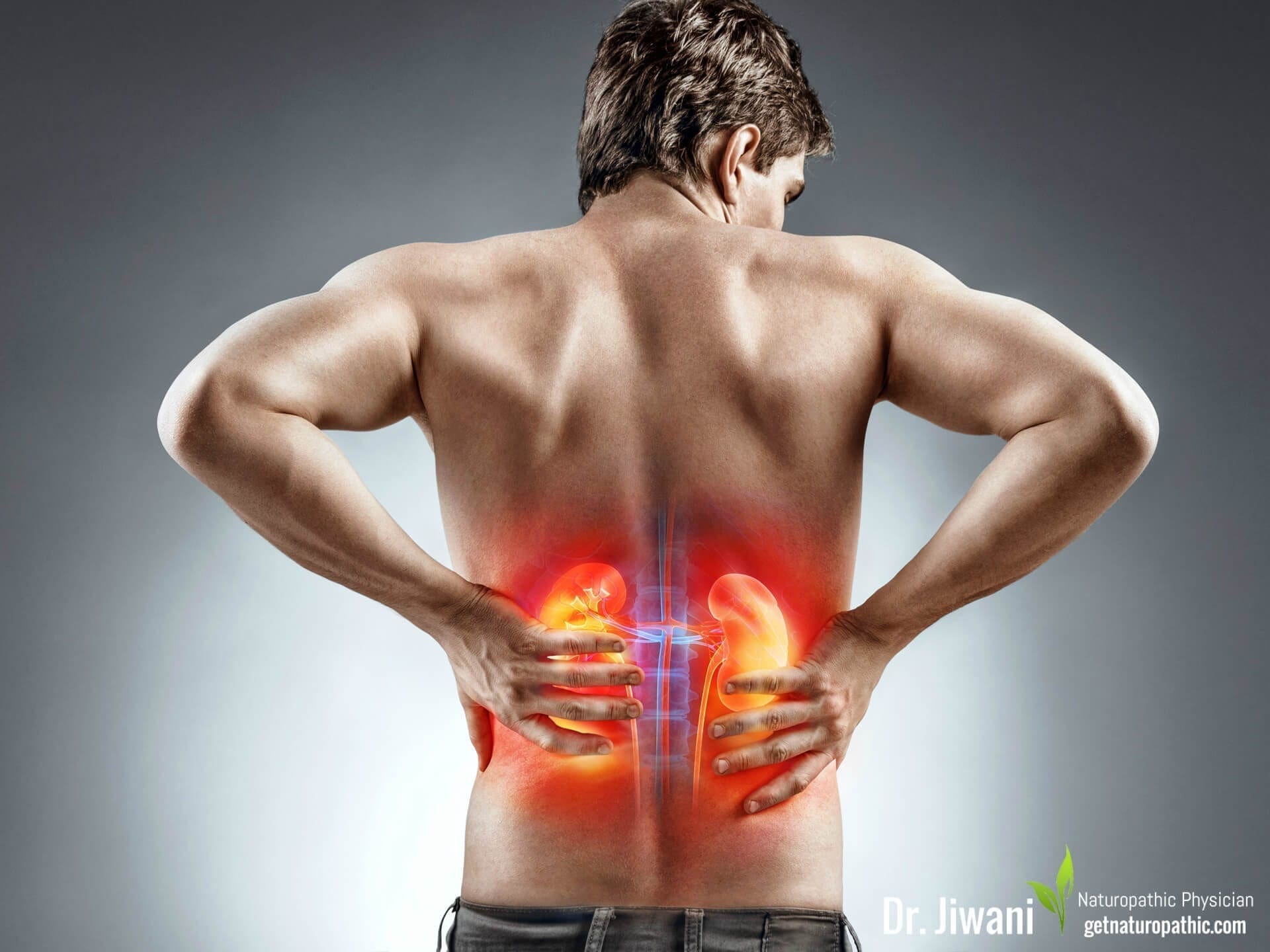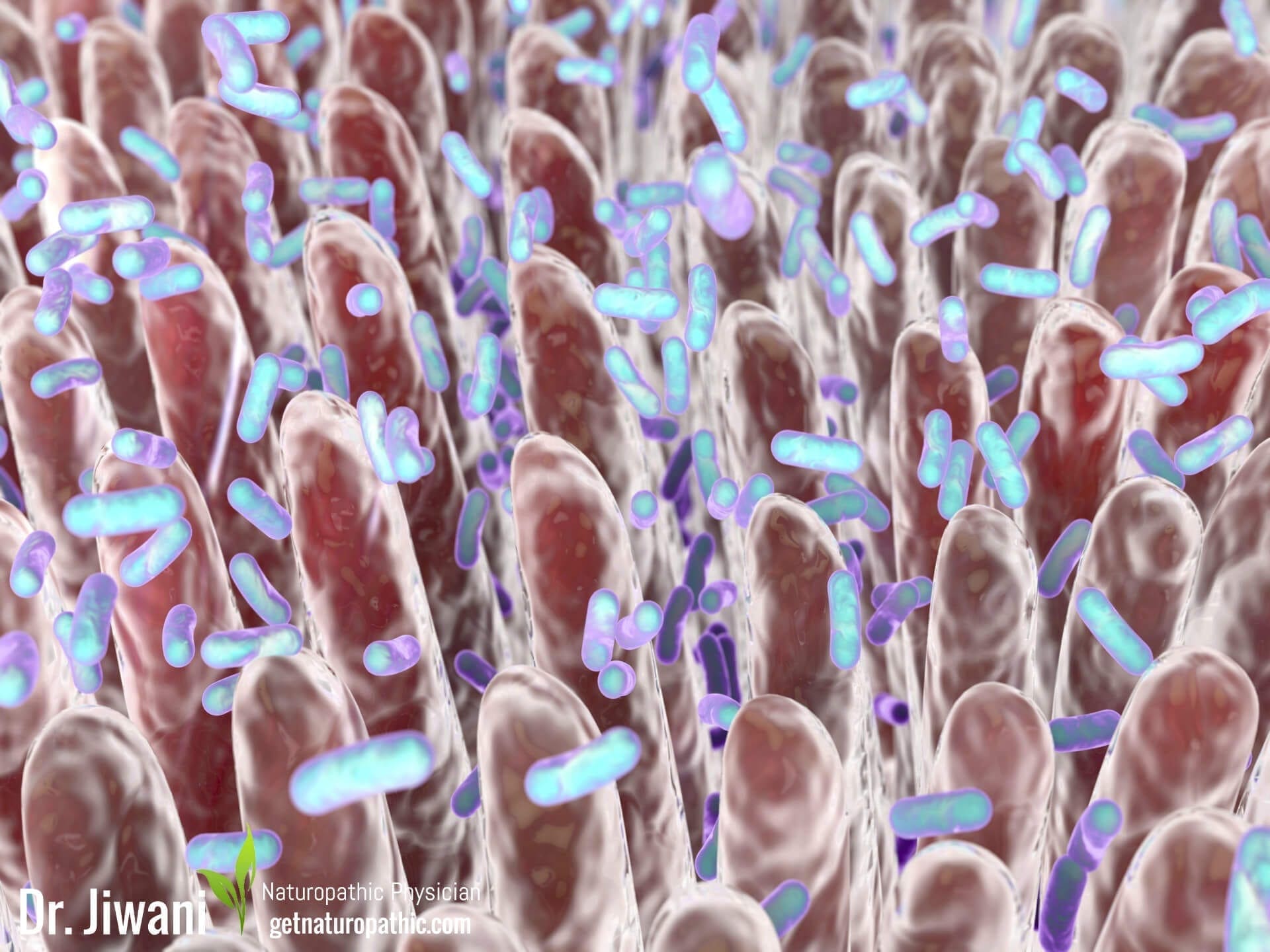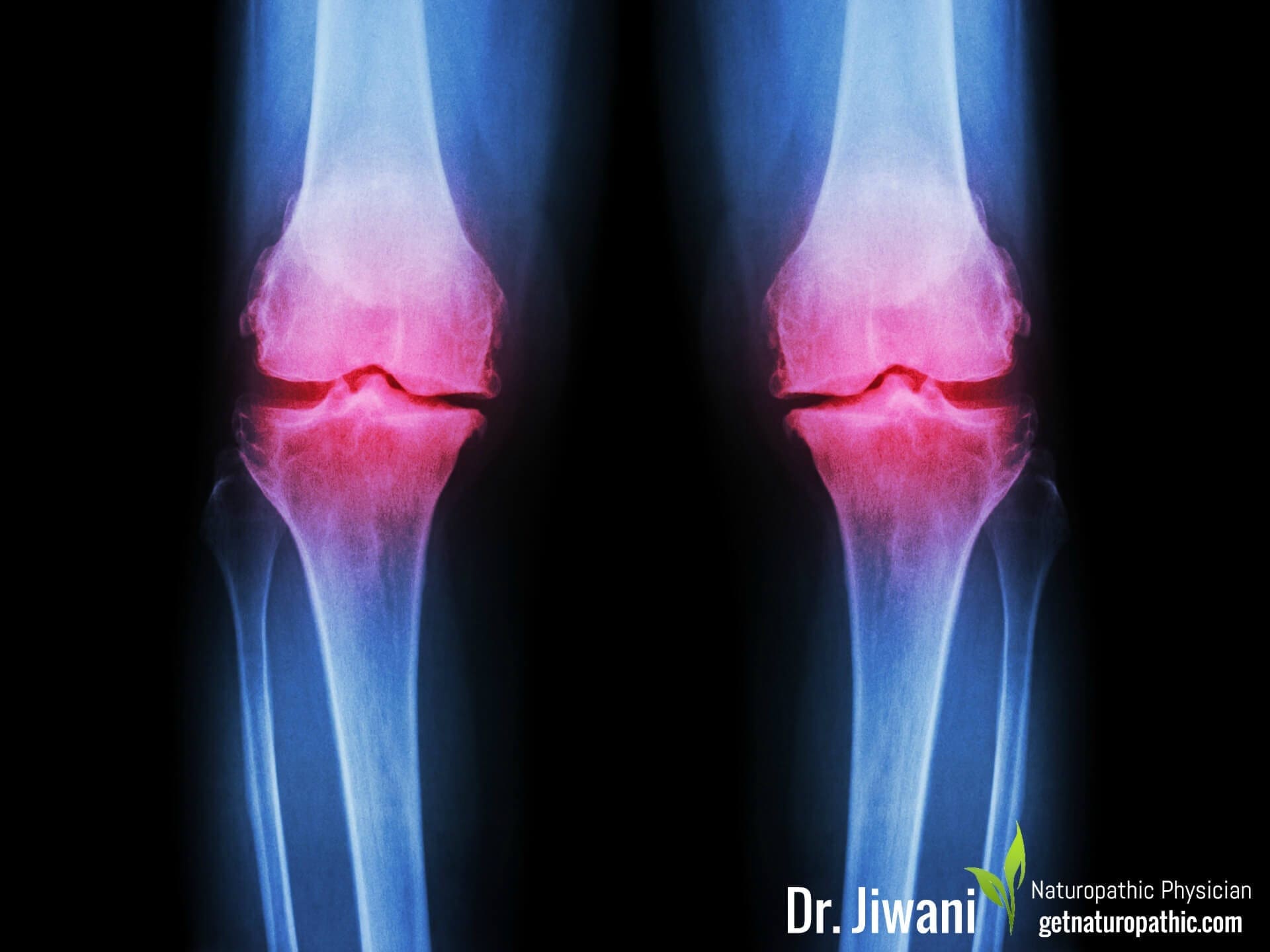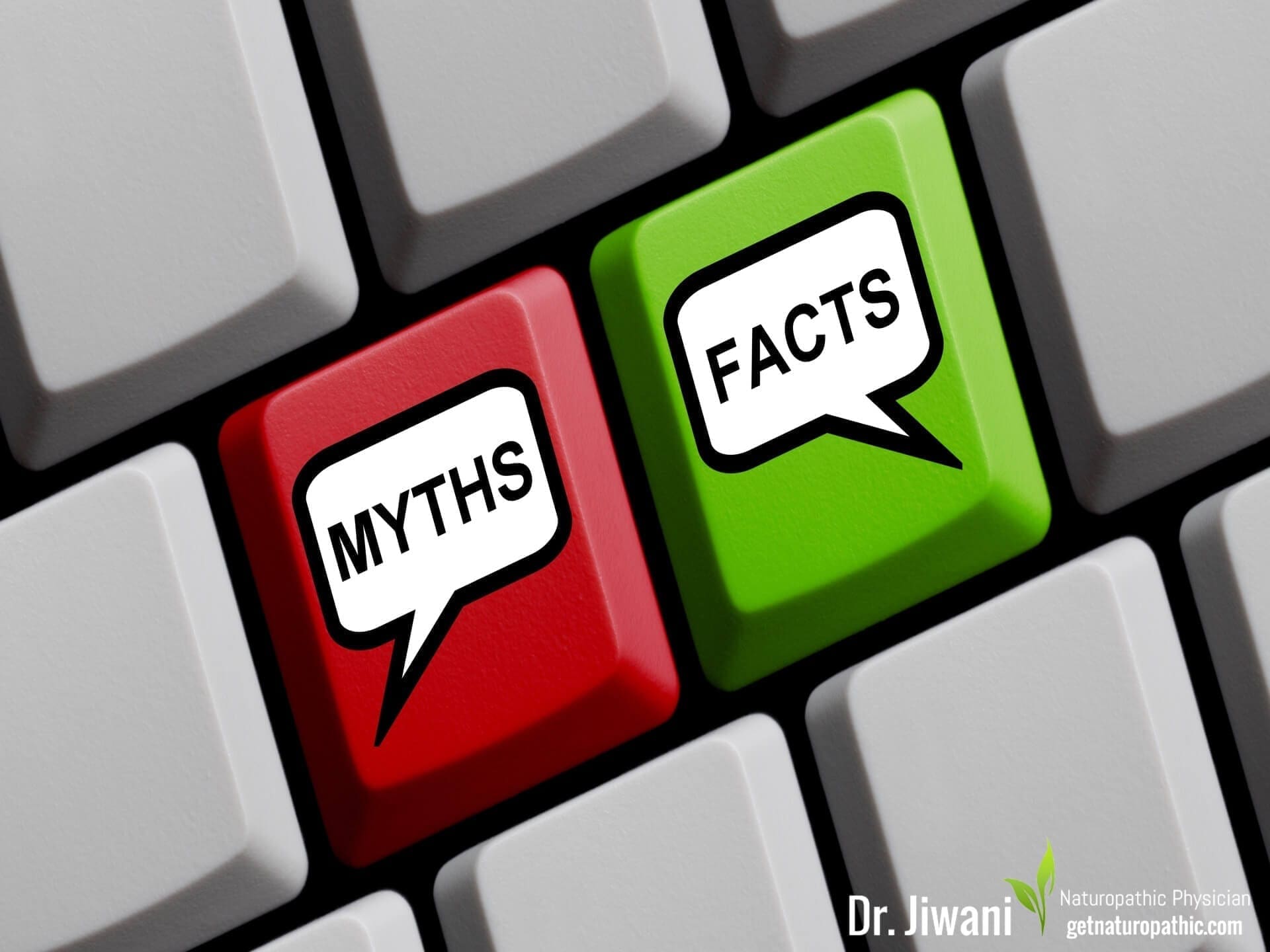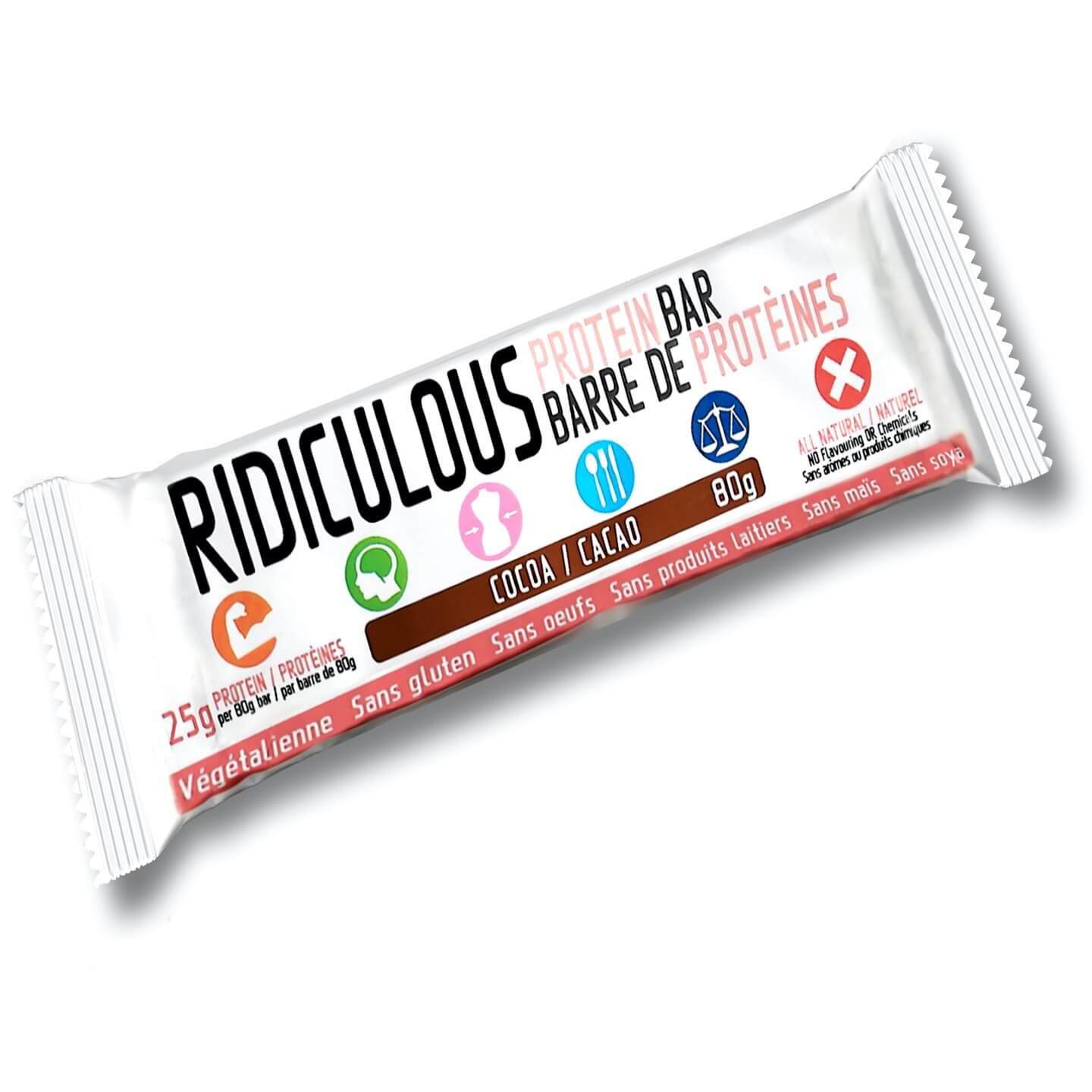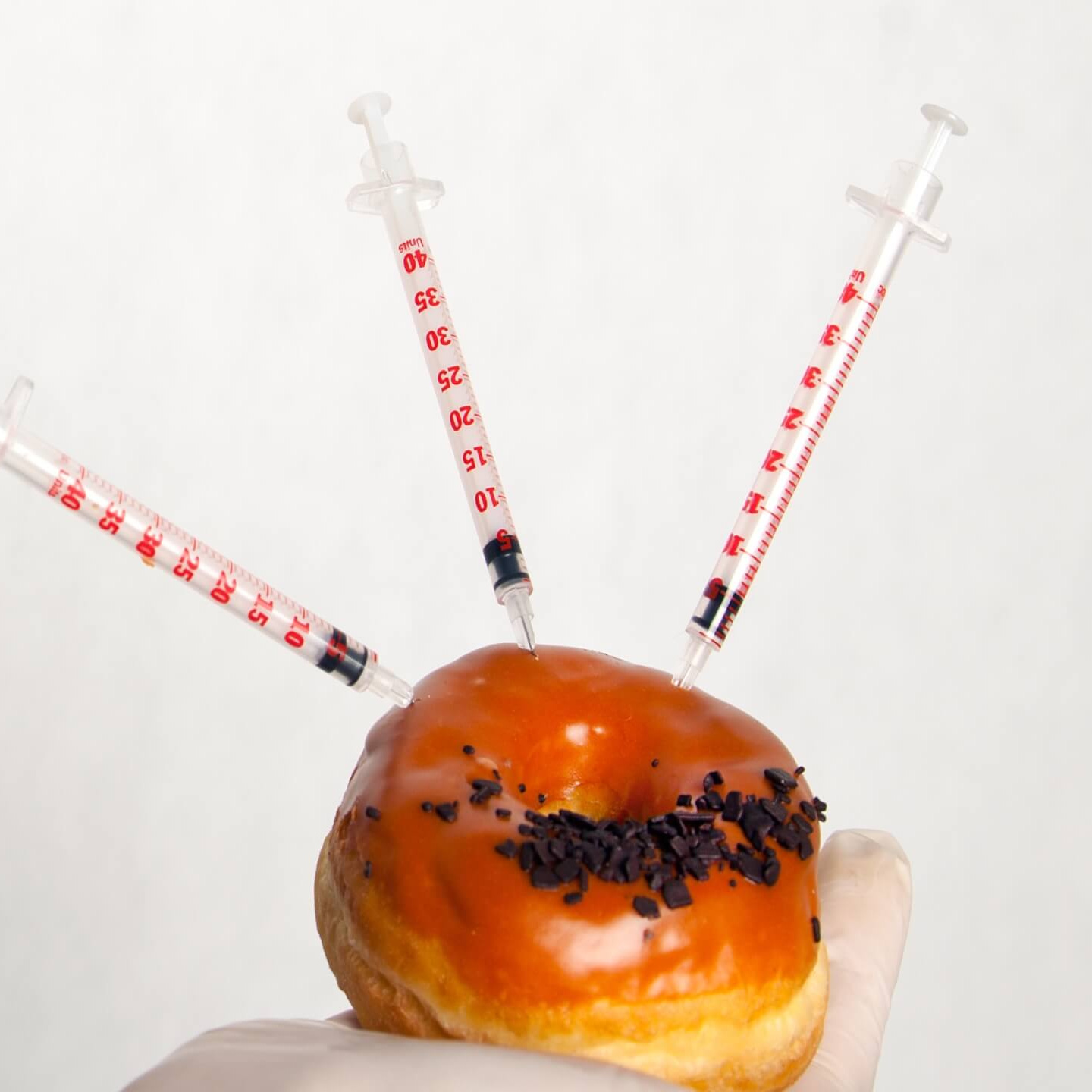Home »
Popular Posts
High Carb, Low Fat Diets Linked to Early Death, New Research Reveals
Naturopathic Nuggets about High Carb, Low Fat Diets
- New research has destroyed many decades of nutritional beliefs recommending low fat diets for heart health
- High carbohydrate diets escalate early death risk, possibly as excess carbs are stored as dangerous visceral fat
- High fat diets, including saturated fats, have shown to lower the risk of premature death & stroke
- The only exception would be Trans Fats which are linked to heart disease, diabetes & sudden cardiac deaths
- Only three to four servings of fruit, vegetables & legumes are required per day to reduce risk of premature death. In fact, more servings did not benefit risk.
Evidence For Naturopathic Advice
Conventional nutrition has espoused the benefits of low fat diets for heart health & prevention. For over twenty years, I have challenged this, educating patients on the benefits of high fat, low carb diets for optimal health & weight. A major global study published in the Lancet was just released proving this. Dehghan et al. revealed supporting evidence to validate my naturopathic nutritional advice, that high carb, low fat diets deteriorate health, cause fat gain and can result in premature death.
Research Destroys The Low Fat Phenomenon
More Fat, Less Death
The Prospective Urban Rural Epidemiology (PURE) study found electrifying results involving 135,000 people from 18 countries over 10 years. The new research challenges decades of dietary beliefs to find early death in those consuming low fat diets. In fact, diets high in fats, even saturated fats, were found to lower the risk of premature death & stroke (Dehghan et al. 2017).
Low Fat Diets Promise An Early Death
All Natural Fats Are Protective
The study found all types of fats lowered the risk of early death. Saturated fats are those from coconut, meat & dairy, monounsaturated fats are from avocados, nuts, olive & vegetable oils while polyunsaturated fats are found in fish, flax & sunflower seeds, walnuts, soy & safflower oils.
The Fear Of Fat May Be Fatal
The Dangers of High Carb Diets
Lower fat in the diet tends to higher carbohydrates. The PURE study found that high carb diets escalate early death risk. This may be because fat does not make you fat; carbs makes you fat. This fat accumulates inside & out, in the arteries and around the organs (dangerous visceral fat), as well as generalized fat gain. This explains the results of the new research finding a dramatic increase in risk of premature death & stroke in those consuming high carb, low fat diets (Dehghan et al. 2017).
Death By Carbohydrates
High Carb Diets: Excess Sugar Forms Fat
Currently manufacturers are producing low fat, low calorie foods. The problem is that they are high carb foods riddled with hidden sugars. These processed foods promote fat formation in the body, as they skyrocket blood sugar. Even the notorious rice cake, a dieter’s delight of puffed air, actually increases blood sugar the fastest (highest glycemic index). It is important to realize that any natural or diet food with sugar, whether from fruit, high fructose corn syrup (HFCS), dates, agave, cane sugar, maple syrup, rice syrup or coconut sugar, causes fat storage when the excess blood sugar is not used for energy by the body. In fact, 3 tablespoons of coconut sugar would do the same as 1 can of cola, even though the glycemic index for coconut is very low (35/100), as gram for gram it is still carbohydrate.
Excess Carbs of Any Kind Can Make You Fat
High Carb, Low Fat Diet
High carbohydrate, low fat diets tend to include whole grains, breads, pastas, legumes, fruits and vegetables as the carbohydrate source. Protein is found in skinless chicken and lean fish, emphasizing a very low fat intake by avoiding red meat, dairy, nuts and oils. Vegetarian diets are included here.
Carbs, Carbs, Carbs: What’s In Your Diet?
Carbs in Fruits & Vegetables Count
Some people feel safe in that they don’t eat any processed foods. Alternatively, they consume large amounts of fruits & starchy vegetables feeling wholesome in their health efforts. Little do they realize that the body doesn’t discriminate. A carb is a carb, whether from a can of cola or from fruit. Another PURE study found that only three to four servings of fruit, vegetables & legumes are required per day to reduce risk of premature death. In fact, more servings did not benefit risk (Miller et al. 2017), and I postulate that it would seem more detrimental from an excess carb-fat gain point of view.
A Carb is A Carb, Whether From Fruit or Soda
More Carbohydrates, More Cravings
Typically, the high carb content in these diets are laden with high fructose corn syrup & hidden wheat as food additives in processed foods. The prevalence of these food additives can predispose you to food allergies, candidiasis, bloating and blood sugar imbalances. Symptoms may include fatigue, constant hunger and sugar cravings with continual snacking to elevate blood sugar.
High Carb Diets Predispose You to Food Allergies
High Carbs Make You Fat!!
The excessive amount of carbohydrate greatly increases the insulin hormone, which not only causes the blood sugar to convert to body fat, but also suppresses glucagon, a hormone that releases stored fat. The lack of essential (good) fats can cause PMS, mood swings and irritability.
Excess Carbs Prevent Fat Loss & Stimulate Fat Gain
Low Protein Makes You Tired & Fat
High carbohydrate diets tend to also be low in protein. The low protein intake eventually manifests as deficiency symptoms of fatigue, weakness, poor stamina and hair loss. The energy and stress glands (adrenal & thyroid) are neglected as hormones suffer with protein deficiency. Many hormonal imbalances such as adrenal fatigue and low thyroid function can cause weight gain, belly fat, lowered immune function and stress-related symptoms.
Low Protein Leads Hormonal Imbalances
High Carbs Diets: The Path to Diabetes
The high carb, low protein, low fat diet is unsuccessful in those with low blood sugar tolerance and insulin resistance (diabetes type II), and people with gluten sensitivities as refined grains are the mainstay of the diet. The high carbohydrate intake is not processed quickly enough and results in lethargy, sluggishness, sweet cravings and fat production.
High Carb Diets: Diabetes To Death
Not All Fats Are Created Equal
Whoever said cut the fat out did not specify which type. Although the latest PURE study discusses that all fats, even saturated fats are linked with less mortality (Dehghan et al. 2017), there are good fats, bad fats & evil fats.
High Fat Diets Improve Death Risk
The Good Fats
The good fats are essential fats. They are essential in that your body cannot make them, so you must eat them. Essential fats produce natural chemicals in the body called prostaglandins, which regulate its every system. As well, essential fats strengthen cells to prevent viral infections and mobilize fat, including stored fats, saturated fat and bad LDL cholesterol. Essential fatty acid deficiencies can cause cholesterol & fatty plaques in arteries, dry flaky skin, inflammation, arthritis, acne and eczema.
Essential Fats Improve Heart Health
Omega 3 Vs Omega 6: Total Knockout
Omega 3 is the most important essential fat. Omega 3 oils are found in flax seeds, walnuts, pumpkin seed oils and cold water fatty fish, such as salmon, mackerel, sardine, tuna and anchovies. Omega 3 fats are anti-inflammatory and health-giving, whereas omega 6 fats cause inflammation. Although you need some of each, your goals should be to emphasize more omega 3 fats. Omega 6 oils are from plant sources; vegetable oils from corn, grapeseed, safflower, sunflower, soy & sesame. These omega 6 fats become more dangerous when genetically modified, heated & processed as they become TRANS Fats. Their presence is common is processed foods. Trans fats are linked to heart disease, diabetes & sudden cardiac deaths (Mozaffarian et al. 2006).
Omega 3 Fats Win; Omega 6 Fats Can Become Evil
The Bad Fats
Previously, saturated fats were regarded as bad fats. However, the new PURE study published in the Lancet found that even naturally occurring saturated fats such as coconut, animal fats & dairy lower risk of premature death (Dehghan et al. 2017). Yes, butter is better due to its natural state and source of vitamins A, D, E and K, unless you are allergic.
Even Saturated Fats Reduce Mortality
The Evil Fats
Trans fats are evil fats. Trans fats occur when liquid vegetable oil is converted to solid fat. This is commonly used in the food industry to improve the texture, taste & shelf-life of processed foods. Trans fats are highly processed and found in fast foods, baked goods, salty (popcorn, chips) & sweet (cookies, granola bars) snacks, frozen foods, deep fried foods, margarine, vegetable shortening and partially hydrogenated vegetable oils. Avoid trans fats at all costs for optimal heart health, lower risk of neurodegenerative & respiratory disease deaths (Wang et al. 2016).
Trans Fats Skyrocket Early Death Risk
Final Naturopathic Note
Although we are all individuals, and our nutritional requirements may reflect that, it is important to consider the impact that carbohydrates & the processed food industry has on our health. Knowledge is power. You are what you eat. Understanding the invaluable contribution that protein & dietary fat has in our bodies should make us reconsider the amounts of protein & fat we consume. Carbohydrates are fuel that we can live without, and that at best we require only small amounts of. Our hedonistic desires and unbalanced biochemistry has fuelled the monster that is our food industry. We must either change it or end it. Our ancestors thrived on basic nutrients and meals they made from scratch. Our mass production society has made this unfathomable to some. We need to get back to basics. More protein, more fat, less carbohydrates is a recipe for better health.
You Are Made of Protein & Fat: Eat Like It!
Related Dangerous Food Additives Hidden In Your Diet
References
Dehghan M et al. Associations of fats and carbohydrate intake with cardiovascular disease and mortality in 18 countries from five continents (PURE): a prospective cohort study. The Lancet 2017; 0:0.
Miller V et al. Fruit, vegetable, and legume intake, and cardiovascular disease and deaths in 18 countries (PURE): a prospective cohort study. The Lancet 2017; 0:0.
Mozaffarian D, Katan, M, Ascherio A, Stampfer M and Willett W. Trans Fatty Acids and Cardiovascular Disease. New England Journal of Medicine 2006; 354(15): 1601-1613.
Wang D, Li Y, Chiuve S, Stampfer M, Manson J, Rimm E, Willett W and Hu F. Association of Specific Dietary Fats With Total and Cause-Specific Mortality. JAMA Internal Medicine 2016; 176(8): 1134.
Ketogenic Diet Myths
This information is for educational purposes only and does not advocate self-diagnosis. Due to individual variability, consultation with a licensed health professional, such as a licensed naturopathic physician is highly recommended, prior to starting a natural treatment plan. For further information, see Terms of our Website.
Follow Dr. Jiwani
Popular Posts


